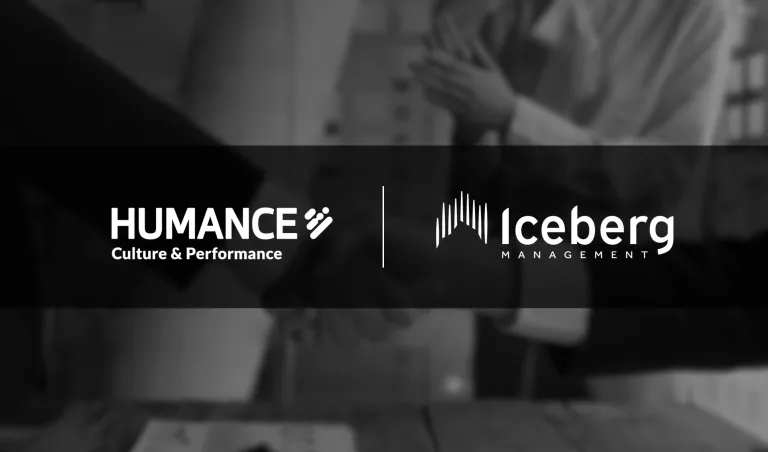For many organizations, January 2022 marked yet another setback for the long-awaited return to the office. Although, this return is probably not too far off in the calendar. Before some or all head back to the office, it is time to have that important but difficult stay conversation.
The stay conversation is going to touch on a few key points geared not just to keeping employees on board but also to fostering trust and empowerment within your team. The workplace they left in March of 2020 is not (nor should it be!) the same one they will be going back to in 2022, and they will have their say in it. The stay conversation is how we achieve this.
At a recent Humance webinar, Dr. Laura Hambley tackled the topic of leading in the Great Resignation and offered advice on navigating the fear and uncertainty surrounding the return to the office or the beginning of a hybrid work arrangement. One of the key takeaways was communication: being open, honest, and trustworthy is crucial while leading during this period. Good communication can also make going back to the office easier on some. With the right approach, the Great Resignation may not hit your workplace.
The Great Resignation is the buzz word right now. You have probably heard several different definitions but essentially it refers to employees quitting or switching jobs en masse for various reasons, including ineffective leadership and lack of growth opportunities. People are looking for “healthy” and more fulfilling work. This often includes a flexible work model but also more fairness, equality, and an adequate workload. It is happening across all the industries, not just the blue-collar ones.
Take, for example, the hospitality industry. Most major centres are concerned about a lack of people wanting to work in bars and restaurants. They cite a labour shortage, but the truth is that there is no such thing: there is, however, a shortage of people willing to go back to the same working conditions, pay, and expectations. Bars and restaurants are going to have to change how they operate and compensate their employees if they hope to survive the Great Resignation.
The corporate world is no different. There is no actual talent shortage but rather a movement of talented people who are standing up for themselves and demanding their employers do better by them. It is time for leaders to listen—cue the stay conversation.
Contrary to popular belief, the stay conversation is not about asking an employee who has one foot out the door to reconsider staying by offering them perks and more money. It is about having an annual, purposeful conversation to explore what motivates them and truly understand why they come to work every day. It is also a chance to understand what could cause them to move on, while establishing trust and maintaining an open line of communication.
Stay conversations are not part of the performance review. They are also not a survey or questionnaire. They are meaningful conversations between an employee and their leader with honest thoughts and feelings about the work they do and their workplace. They are meant to be a useful engagement strategy to get an employee to open up and give valuable feedback on their experience so far. They are also opportunities for an employer to take stock of what is working and what is not.
Sample questions that you can include in a stay conversation:

- What motivates and excites you about the work you do here, and what would make you want to stay long-term?
- What do you like and what do you dislike about your work?
- What professional development opportunities would you like us to help you with?
- What did you have before that you do not have anymore, but wish you had again?
- What do you think about while getting ready for work and afterwards?
For most of us, trust is earned, not assumed. The stay conversation is a great way to start earning back the trust that has been waning for almost two years.
The stay conversation can help you avoid, or even bypass, the Great Resignation but only through a culture of mutual trust and respect. Have this solid one‑on‑one conversation with your employees and act on what comes out of it.



